This panel in addressing the future of Europe is invited to answer this question:
“Is there any alternative to universal and Pan-European multilateralism? For the purpose of my remarks I am interpreting “universal and pan – European multilateralism’ as moving forward with achieving more EU integration supported by institutions appropriate to a kind of federal structure in line with the thinking of the Spinelli Group. But it also raises the question of global free trade which I promoted as Secretary General of the OECD and continue to believe must be the word’s future in addressing poverty and opportunity, especially for the worlds developing countries. But it has to be managed in a way sensitive to the challenges of both.
In these brief comments I intend to offer my view on the answer to this fundamental question about the future of Europe.
To begin, I would amend the question by adding the word “good” before “alternative”.
There certainly are alternatives some of which could set Europe on a path back to a collection of independent sovereign states and undo the remarkable progress in building a secure European Union in the post WWII period.
Many years ago when looking at the extraordinary work and vision of statesmen like Jean Monnet trying to build a lasting and prosperous European Union, I came across a comment of British Historian H.A.L. Fisher in the preface to his 1936 book, A History of Europe. In part it read as follows:
“[No] question [would be] more pertinent to the future welfare of the world than how the nations of Europe… may best be combined into some stable organization for the pursuit of their common interests and the avoidance of strife.”
Although we appreciate the Marshall Plan’s amazing contribution to the Europe of today, it contributed more to restoring Europe physically while providing humanitarian assistance. Of course the OEEC which evolved into the OECD in 1961 did provide an important framework and mechanism for economic and social development which continues to this day.
Fisher’s vision of a strong, unified Europe remains very much work in progress and that work really began with Jean Monnet’s initiative to create the European Coal and Steel Commission. I will comment on that in a moment. But I remain convinced that Fisher was right, and the great rebuilding of Europe and the EU after the Second World War must and will endure notwithstanding the barrage of criticisms from euroskeptics, now emboldened by the United Kingdom’s Brexit vote of June 2016. Admittedly my conviction is based on the EU having strong, visionary leadership, which has not yet fully materialized.
Think of this. Although Greece represents less than three per cent of the Euro zone economy, euroskeptics used its financial crisis as ammunition to predict its withdrawal from the eurozone and the possible unravelling of the entire EU. The Greeks rejected that option: there was no Grexit. Austrians also rejected right-wing populist nationalism in the 2016 Presidential election of Van der Bellen, a strong supporter of the EU.
The support for Brexit in the UK referendum was an unexpected shock for some, but it pleased others who wish to see the EU unravel and claim that the UK attitude reflects views held in other major European countries. I keep hearing and reading that the United Kingdom has rejected the EU, as if it were an overwhelming victory. Bolstered by misrepresentations and downright lies it was a very slim referendum victory but Brexiters will argue that it was validated by Boris Johnson’s subsequent margin of electoral victory.
There are also others, especially President Trump who appear to be hostile to the emerging global role that the European Union is likely to play as it completes its evolution to a unified international force. This has become even more important as the United States under Trump becomes increasingly isolationist and opposed to international multilateralism constructed by visionaries over the past 75 years.
In a stunning commentary in Foreign Affairs (summer 2016), Professor Jakub Grygiel of the Catholic University of America, implies that the upside to the EU crisis will be a return to independent sovereign nation-states across Europe. Indeed, that would be an upside for American isolationists. It would remove from US competition the largest unified single market in history and reinstate the possibility of future wars on the continent that this great European experiment was designed to prevent – as it has.
Some of Grygiel’s comments appear designed to create a false impression of the views of Europeans. Here is a cheerful observation to support his thesis: “a Europe of newly assertive nation-states would be preferable to the disjointed, ineffectual, and unpopular EU of today. There’s good reason to believe that European countries would do a better job of checking Russia, managing the migrant crisis, and combating terrorism on their own than they have done under the auspices of the EU.”
Really? What is that “good reason” that escaped the attention of the statesmen and nation builders like Jean Monnet in post-war Europe? Grygiel also says that the EU is ineffectual, which is true in some cases, as it is with many, if not most supranational bodies, including much of the United Nations (UN) activities. And what of the United States itself?
Sadly, the world is watching that formerly great republic floundering in the face of numerous serious challenges both social, economic, even racial, not even capable of effectively addressing the Covid-19 crisis through what is becoming a dysfunctional government under a Commander in Chief who proudly presents himself as a narcissistic ignorant bully.
And non Europeans, especially Americans, systematically ignore the EU’s successes. One good example being the collective research of 28 networked European countries that produce one-third of the world research’s output – 34 per cent more than the United States and more than China. This was documented at the time of the Brexit debate in New Scientist. (June 2016). These are the kind of synergies that could be sacrificed should the EU dissolve, and it may already be compromised by the withdrawal of the UK which has much world first class research.
Hopefully the; United Kingdom will stay united and prosper in the post Brexit period. However, there is good reason for concern as the Financial Times Martin Wolfe wrote at the time (June 24,2016). He said:
“David Cameron took a huge gamble and lost. The fear mongering and outright lies of Boris Johnson, Michael Gove, Nigel Farage, The Sun and the Daily Mail have won. The UK, Europe, the West and the world are damaged. The UK is diminished and seems likely soon to be divided. Europe has lost its second-biggest and most outward-looking power. The hinge between the EU and the English-speaking powers has been snapped. This is probably the most disastrous single event in British history since the Second World War.
Yet the UK might not be the last country to suffer such an earthquake. Similar movements of the enraged exist elsewhere – most notably in the US and France. Britain has led the way over the cliff. Others might follow.”
Will others follow the United Kingdom over the cliff? Alina Polyakova and Neil Fligstein, writing in the International New York Times at the time of the Brexit vote (July 2016), relied on polls that suggest that will not happen. They say, “Britain is not, and never has been, a typical member of the European Union, and in no country but Britain do populists and other euroskeptic forces have the 51 percent of votes needed to pull their countries from the union.”
Obviously those in the UK who wanted Brexit must have believed it is good for them and presumably for the United Kingdom, even if it means losing Scotland and perhaps Northern Ireland. The City of London will also suffer, but no one can estimate what the damage will be until all the terms of exiting are known.
Jacques Delors, who has dedicated much of his life to the European dream both in public office and after retirement through his Paris-based foundation, made the following observation in an inter- view in 2012 with the Handelsblatt newspaper: “If the British cannot support the trend towards more integration in Europe, we can nevertheless remain friends, but on a different basis. I could imagine a form such as a European economic area or a free-trade agreement.”
That might be the happiest outcome in the wake of Brexit. The real beneficiaries of Brexit are the remaining EU members inspired by people of the experience and quality of Jacques Delors and members of the Spinelli Group. The latter founded in 2010 as a network of thousands of politicians, individuals, writers, and think tanks looking to revive the momentum toward a federalist structure for the EU.”
In fact, the Brexit vote and Johnson’s arrival as Prime Minister may have strengthened the resolve of many EU countries and prominent Europeans to accelerate the integration process in line with federalist thinking.
Obviously those having the foresight to realize the importance of greater integration and an emerging federalist model, such as the Spinelli Group, would be blocked by a United Kingdom, were it a member, to have reforms move in the opposite direction, consistent with Prime Minister Margaret Thatcher’s famous Bruges speech in 1988 where she said, “We have not successfully rolled back the frontiers of the state in Britain, only to see them re-imposed at a European level with a European super-state exercising a new dominance from Brussels. Certainly we want to see Europe more united and with a greater sense of common purpose. But it must be in a way which preserves the different traditions, parliamentary powers and sense of national pride in one’s own country; for these have been the source of Europe’s vitality through the centuries.”
This could hardly be seen as an endorsement of a federalist system of any kind, because decentralization, especially with the preservation of parliamentary powers, meaning full sovereignty, is incompatible with federalism. She could have added that the elements she wished to see preserved have also been the source of bloody European conflicts throughout the last millennium, including three wars between France and Germany in the 70 years between 1870 and 1939!
Consideration should be given to some steps that must be taken to realize the collective potential of the EU as a major global player, which it could never be if its members revert to sovereign nation- state status. Indeed, as other major countries grow in economic clout, it has been pointed out that not even Germany would be in a new G8. Only a united EU could have influence on the global stage.
Skeptics like Professor Grygiel, many of them American, seem blinded by the headlines and glare of current events, failing to place them in a broader historical context. Reviewing the remarkable evolution of Europe since the Second World War, I hope that the long-term success of Europe is inevitable. But as the great American judge Oliver Wendell Holmes once noted, “the mode by which the inevitable comes to pass is effort.” European leadership must now make that effort. It is critical not only for Europe, but for the world today.
A strong, unified Europe is also important for the emergence of global multilateralism and the further evolution of globalization. Since the end of the Cold War we have been living in a world dominated by just one superpower: The United States. Fortunately, that superpower has been a very open market and largely, but not entirely, militarily non-aggressive. Sometimes referred to as the “importer of last resort,” it continued to run current account deficits opposite many trading partners, especially China.
The American economy had enough strength and resilience to emerge slowly but with growing confidence from the global financial crisis of 2007–08. To become a companion economic locomotive, Europe must continue to open its markets, eliminate distorting trade subsidies, and undergo substantial structural reforms in labour, services, and manufacturing markets to stimulate European economic growth. I hope that the results of the Europe 2020 exercise and its follow up will help in that regard.
If that does not happen, the United States might use its economic muscle to focus increasingly on bilateral agreements that are becoming a serious impediment to global free trade.
If Europe had successfully moved to a more centralized and coherent federal model of government it could have reached the objectives adopted by the EU in 2000 (often referred to as the Lisbon Agenda), which was stated in the Lisbon Declaration (24 March 2000) as follows: “The Union has today set itself a new strategic goal for the next decade: to become the most competitive and dynamic knowledge-based economy in the world, capable of sustainable economic growth with more and better jobs and greater social cohesion.”
Well, that failed. A review of progress chaired by the former Dutch Prime Minister Wim Kok reported in 2004 that the strategy had fallen well short of its objectives. The diagnosis of the problems of broad structural reform was good, but implementation of reforms was seriously lacking. Kok’s review carried much credibility as he had overseen the continuation and completion of the major Dutch structural reforms originally introduced by his more conservative predecessor, Ruud Lubbers. Kok was also a regular participant in many international conferences, and during our discussions it was apparent to me that he was a talented consensus builder.
There is much to be said for such consensus builders, who enable intellectual and political opponents to better understand competing views. Strengthening such relations between European political leaders will be important in bringing cohesion and stronger integration to the EU in line with the objectives of the Spinelli Group.
The Lisbon Declaration is now replaced by the Europe 2020 strategy which has five ambitious objectives related to employment, innovation, education, social inclusion, and climate/energy. The world would benefit greatly from Europe attaining those objectives.
Today only the EU and Japan might to come close to matching the United States in per capita GDP in the coming years.
Demographic projections show Japan’s population in serious decline, but an expanded EU which should evolve with Turkey as a major player, would have a much greater population and a much larger market than the United States.
The objectives listed above can only be realized when the peoples of Europe achieve a consensus on what kind of legal community they truly wish to be, and so far, progress to that end has been in fits and starts. The failure of the Lisbon Agenda, the rejection of the proposed constitution in both French and Dutch referenda, and now the exit of the United Kingdom underscores the difficulty of moving toward a flexible federal structure.
The use of the word federal seems to be an anathema for many Europeans. It is worth remembering that with the creation of the European Coal and Steel Community inspired by Jean Monnet in 1951, the French government declared that it would “provide for the setting up of common foundations for economic development as a first step in the Federation of Europe.”
Today there does not appear to be any coordinated and broad- based visionary leadership like that of Jean Monnet that led Europe out of the destruction and chaos of the Second World War.
Perhaps the Greek crisis, the withdrawal of the United Kingdom from the EU, and continuing economic performance under potential will awaken Europeans to the need for a truly federal-type European Union, with strong central government institutions where appropriate, accompanied by the protection of individual nations’ precious linguistic and cultural identities. The genius of federalism is that it can accommodate great diversity in many areas.
What is the way forward? Where is the higher vision to achieve what is imaginable but not yet within reach? I suggest that the answer is to reconcile the various goals of Europeans, what I call the three Ms.: minimizing frictions, maximizing synergies, and maintaining sovereignty.
Some believe they can achieve the first two without a dilution of sovereignty. That is not possible. From my Canadian experience with Quebec, however, I know that it is possible to minimize frictions and maximize synergies while maintaining cultures and national identities. In the case of Quebec, the French language, civil law, religion, and culture have been protected since the Quebec Act of 1774, which is one reason why separatist movements have never succeeded.
I see this kind of flexible federal structure, with necessary variations, in Europe’s future. Loss of Europe’s various languages and cultures would alter the character of the continent, moving it in the direction of the United States. The historical evolution and the nature of the “self-willed” peoples of Europe, as Fisher described them, make that path neither feasible nor desirable.
I finish these comments with a quote from a recent letter distributed by Thierry de Montbrial, the founder and head of the prestigious French public policy think tank Ifri.
“But it stands to reason that we in Europe in particular should capitalise on building the Union in order to prove the viability of a third way between the United States, that great democracy which still claims to be a liberal one, and the People’s Republic of China, which still claims to be communist. Most of us want to remain close to American democracy, but we refuse to become its vassals, notably as part of an Atlantic Alliance retrofitted to that end. There is an urgent need to clarify NATO’s truly shared objectives. As for the European Union, despite all the whining in recent weeks, it continues to sail ahead in stormy seas, as it always has…
If there is one part of the world where multilateralism is making headway despite countless hurdles, it is the European Union. There is still a very long way to go in Europe and, even more so, on a planetary scale. But history is moving in that direction, for the alternative is collective suicide. There is no doubt that global warming, pandemics and more or less intense wars are foreseeable in the world’s near-term future. At least we can hope to limit the damage, which, after all, was the case during the Cold War. Let us be convinced of the European Union’s responsibility in that regard.”
I agree… who cannot?

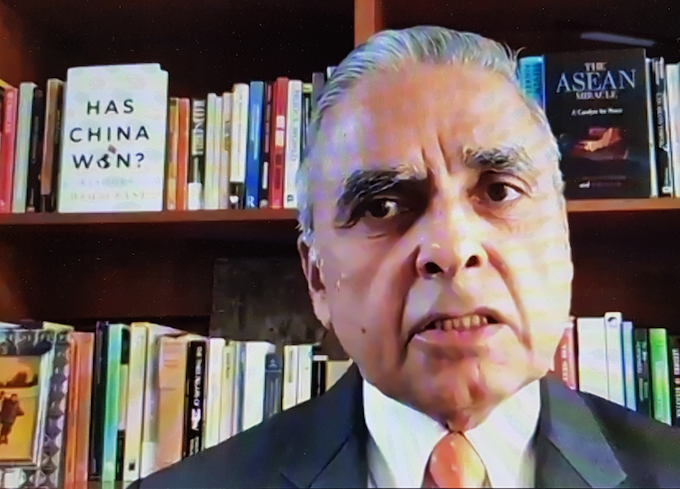
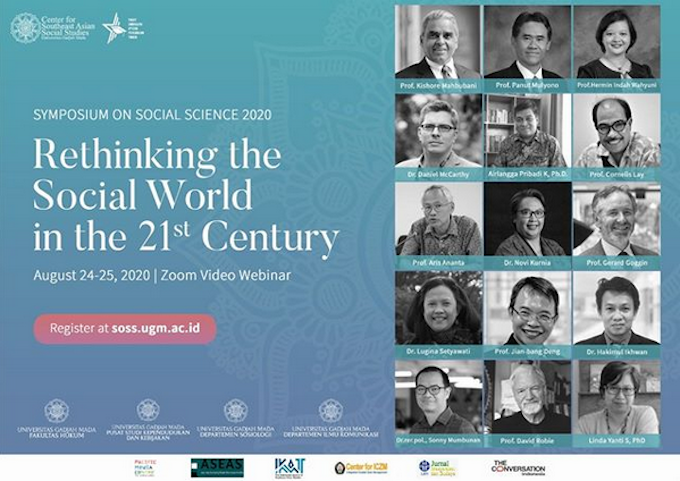
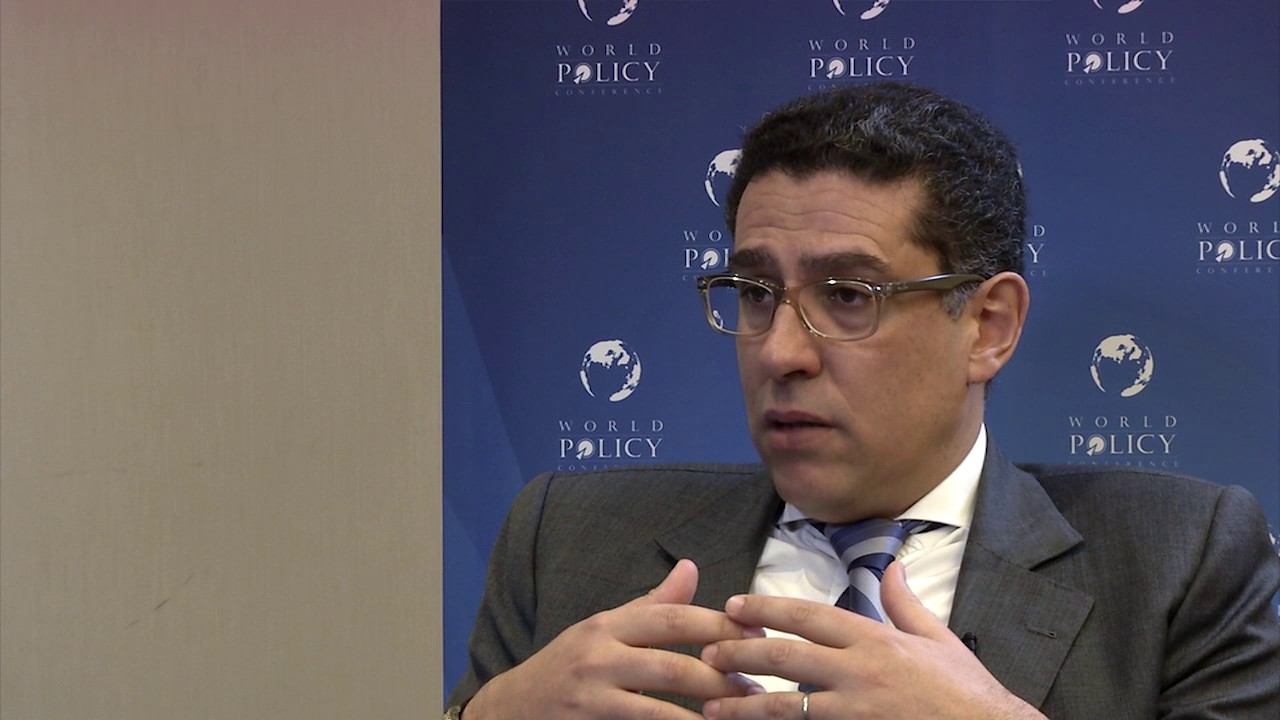
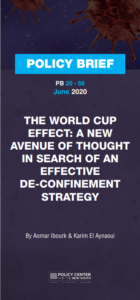
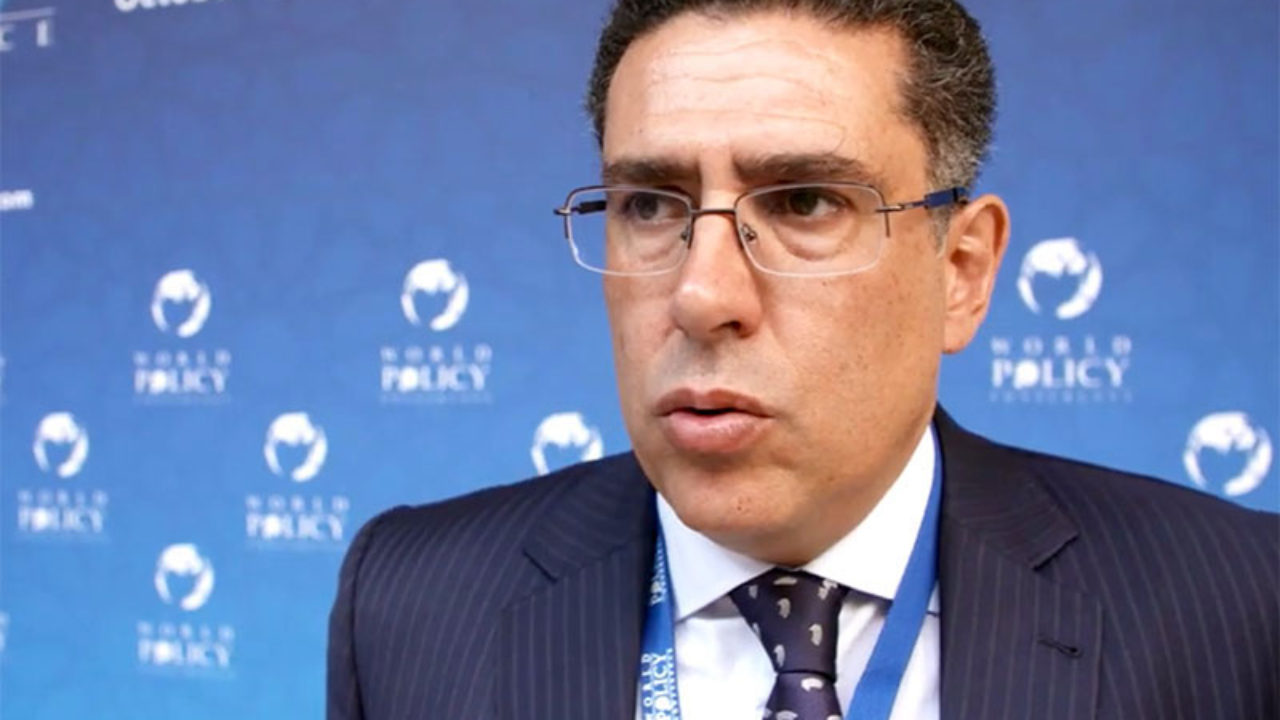
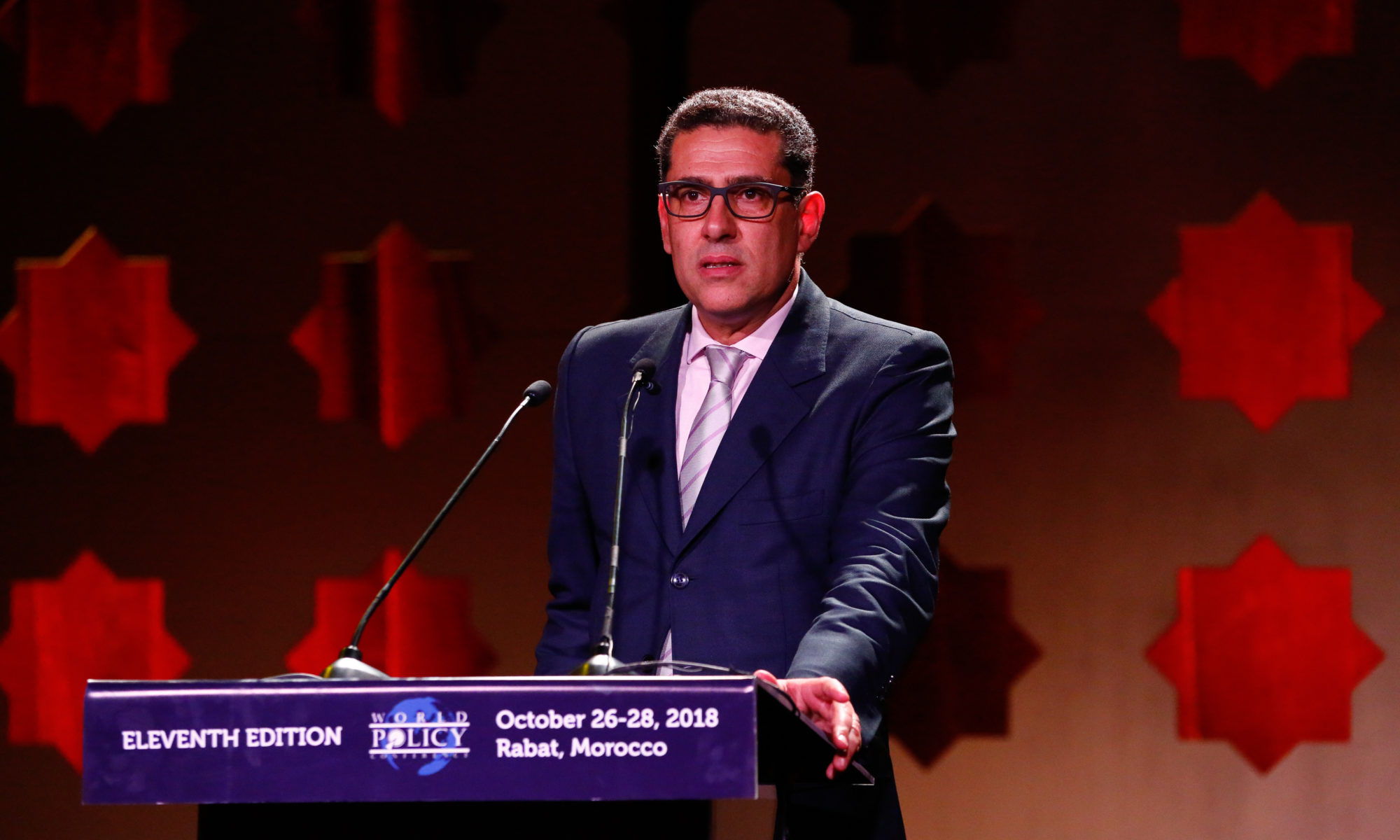
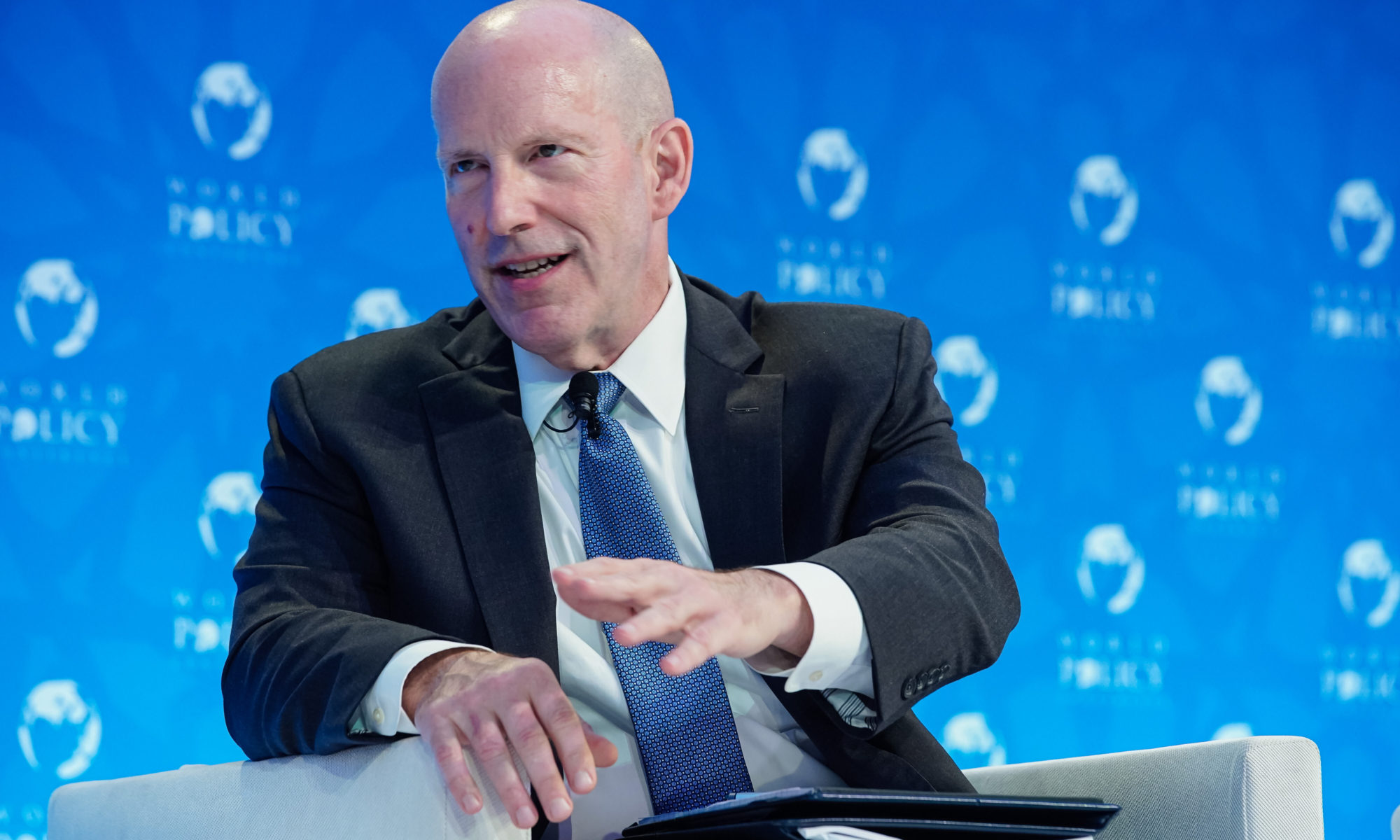
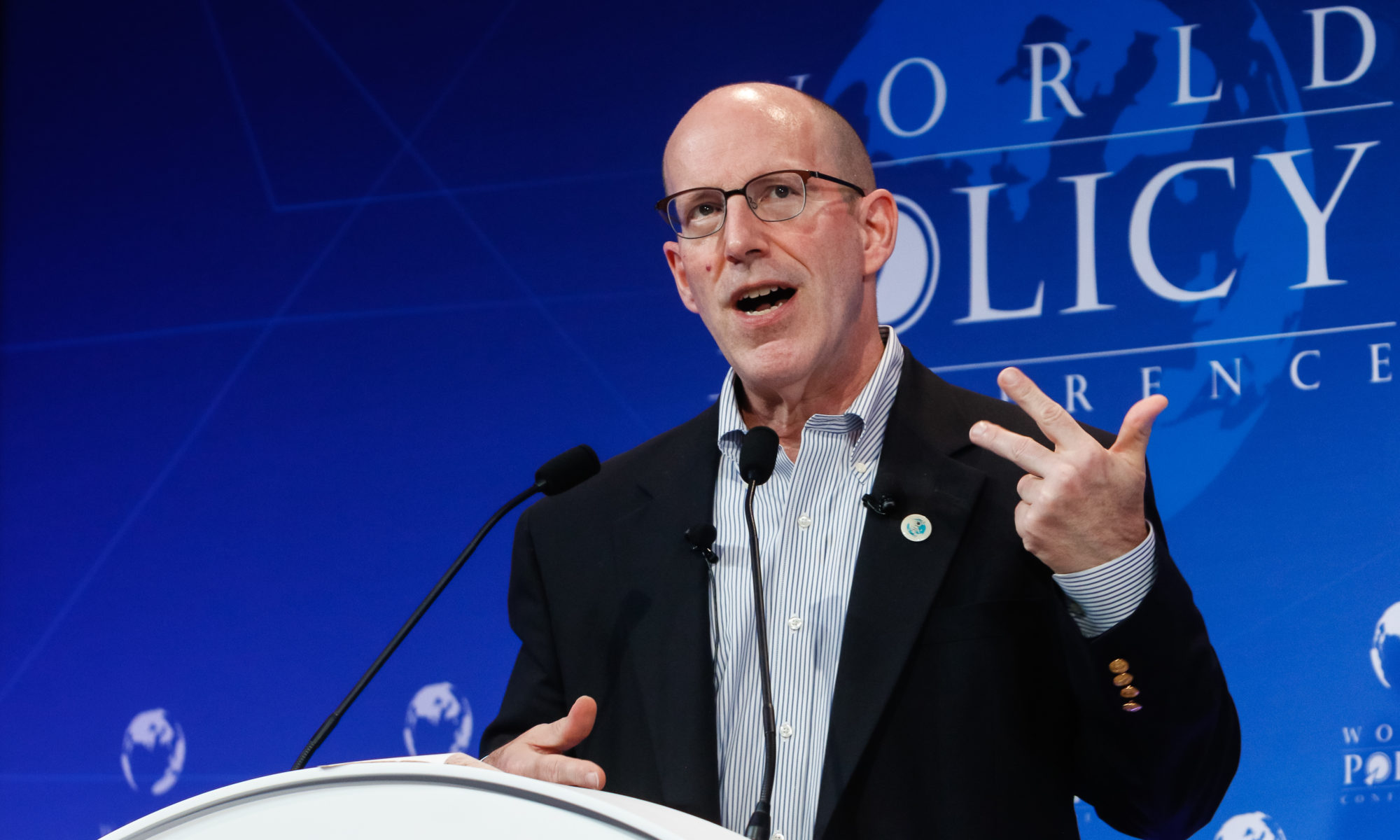
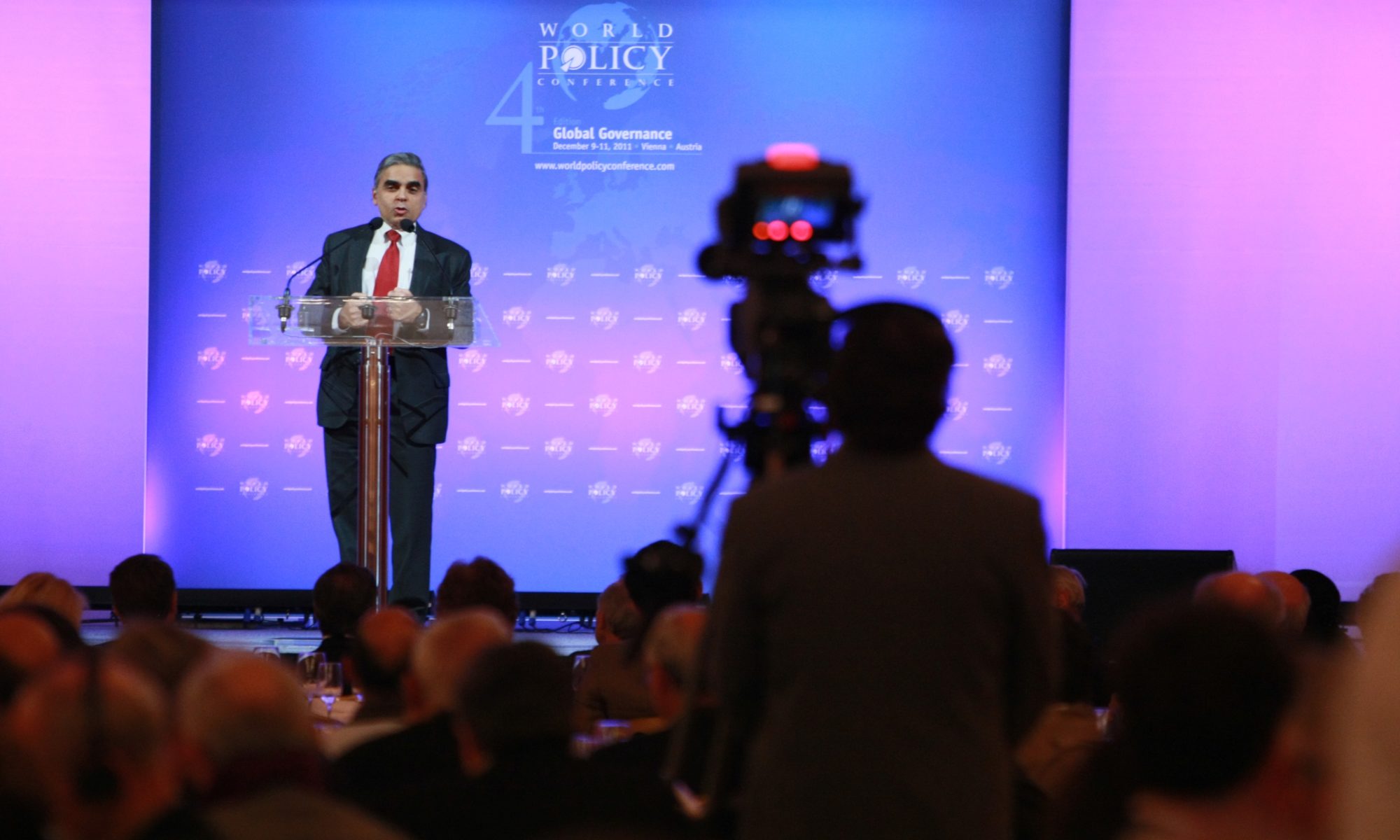

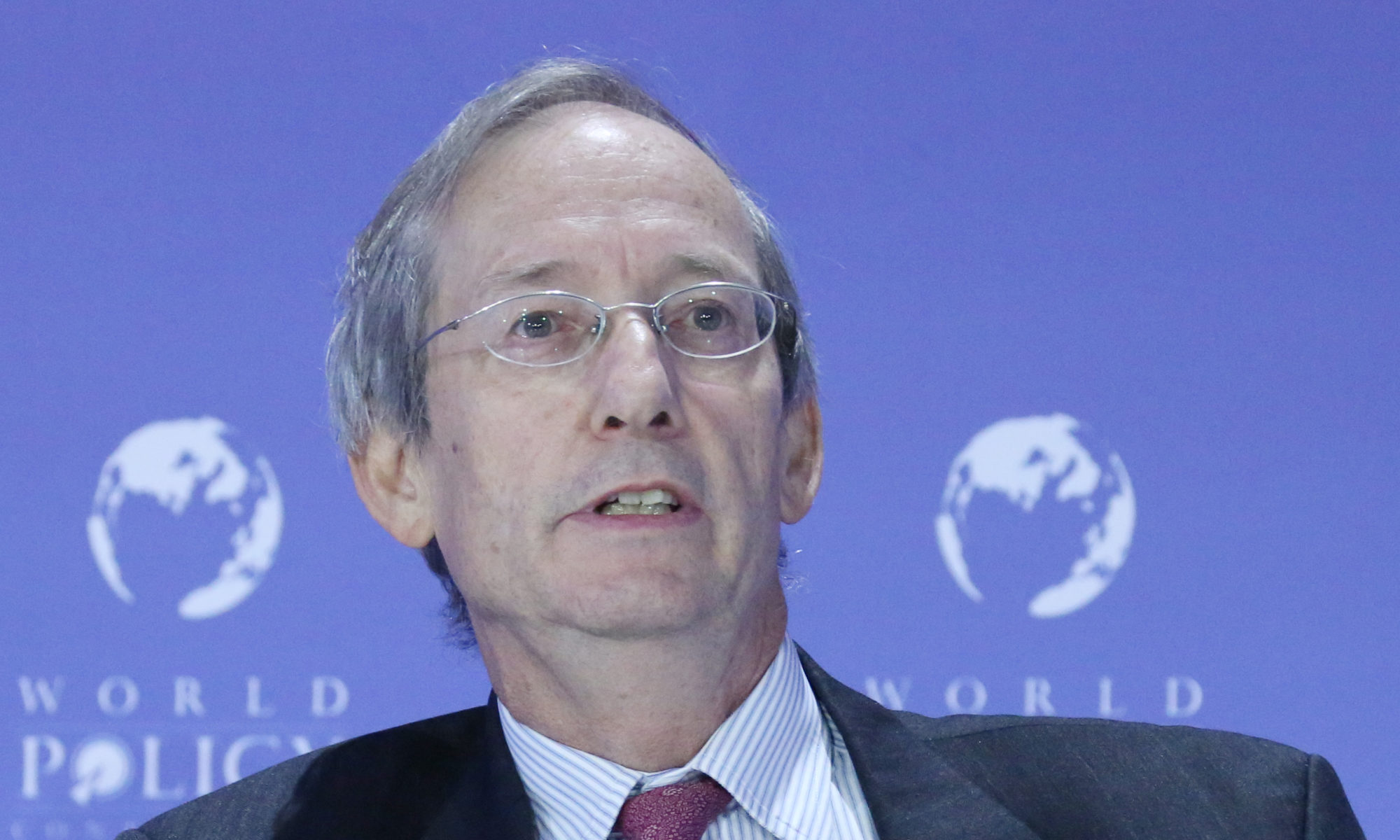

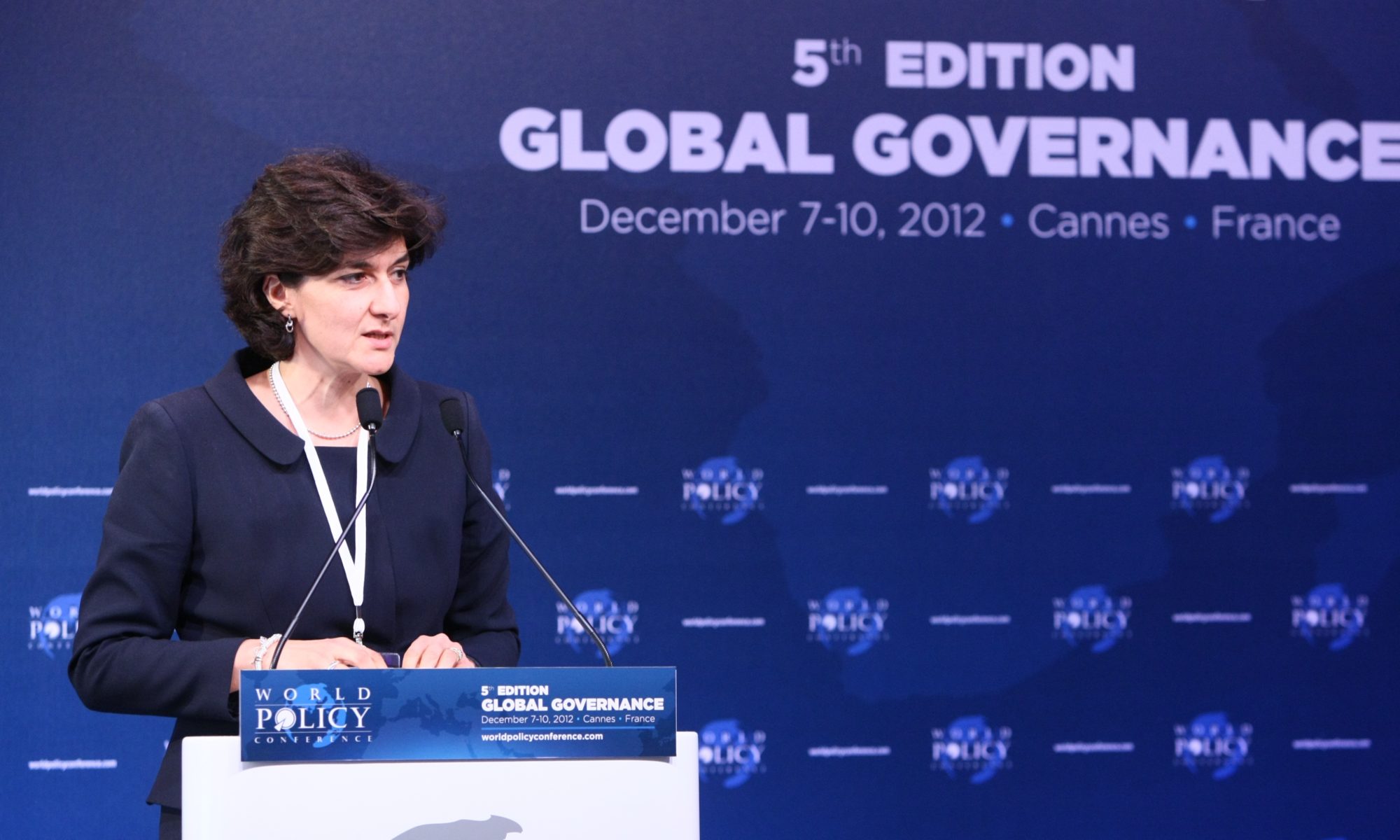
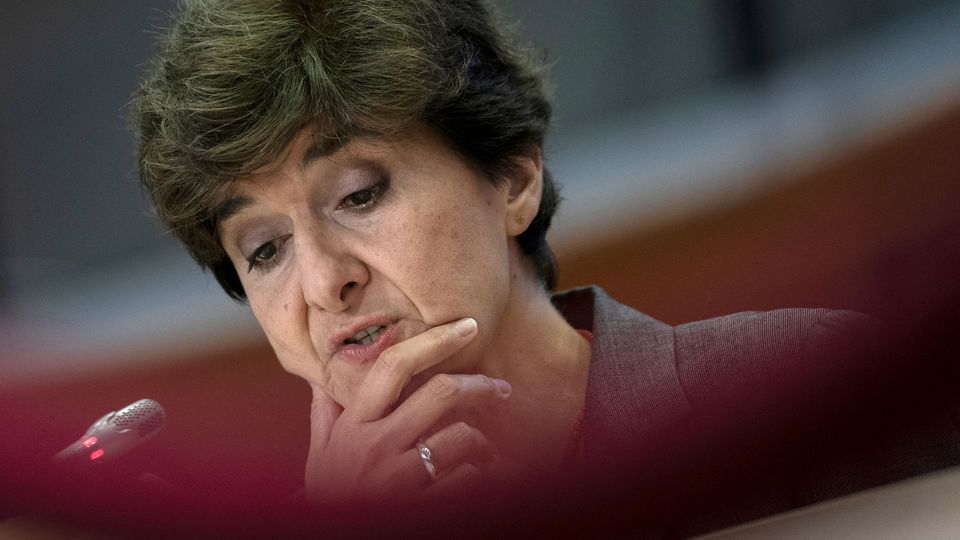
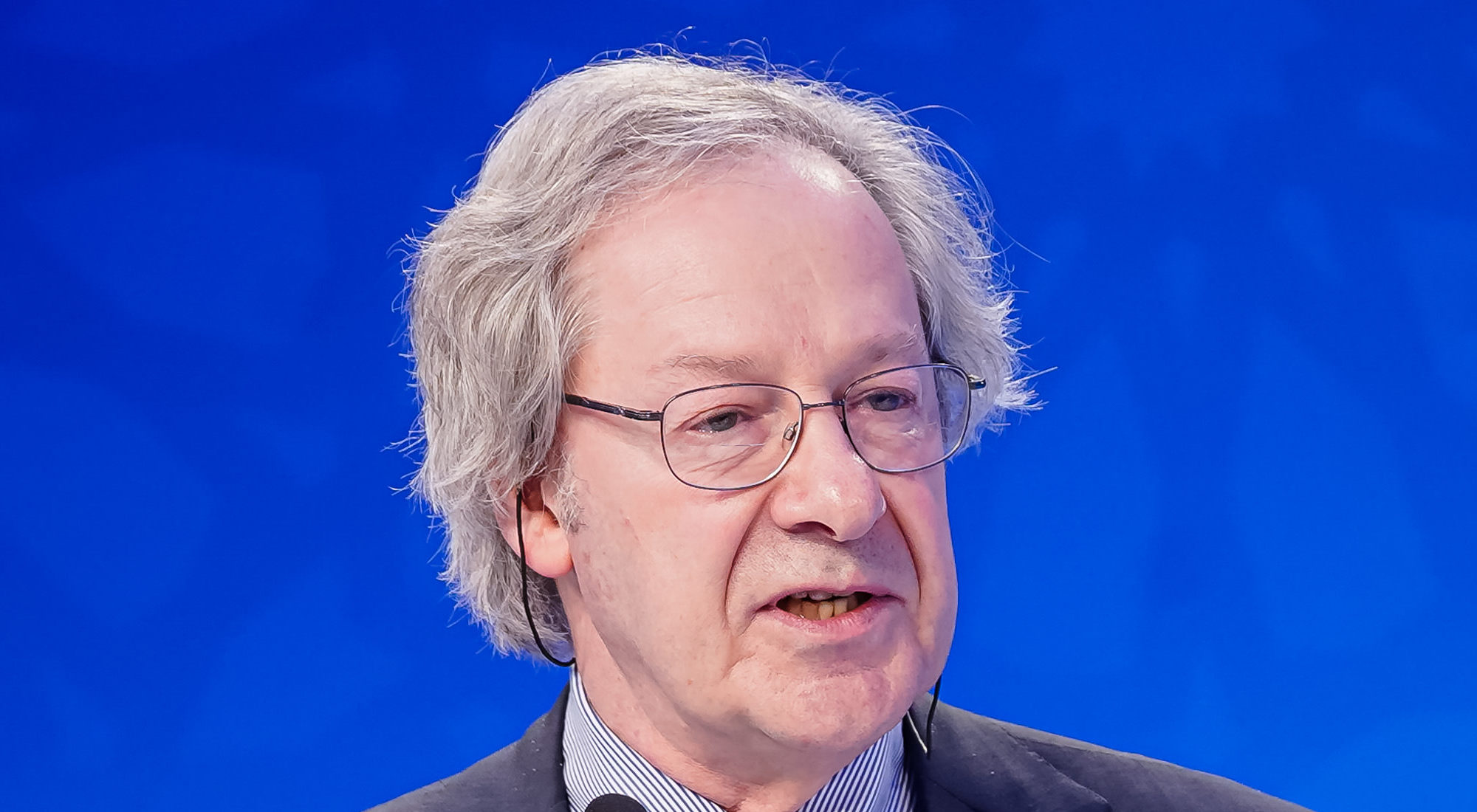
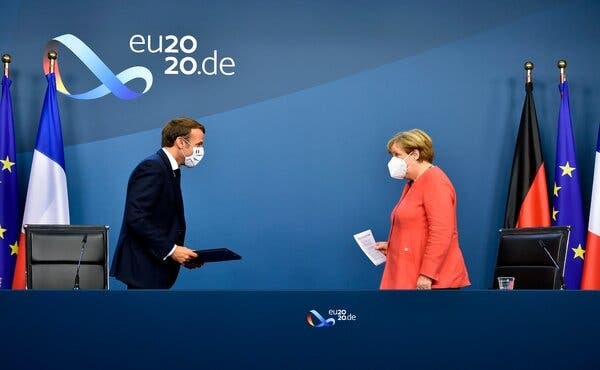
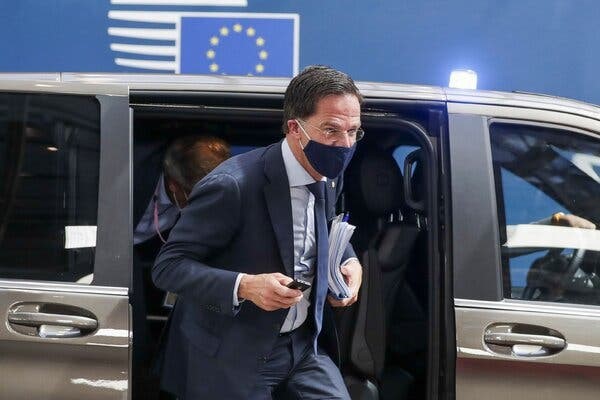
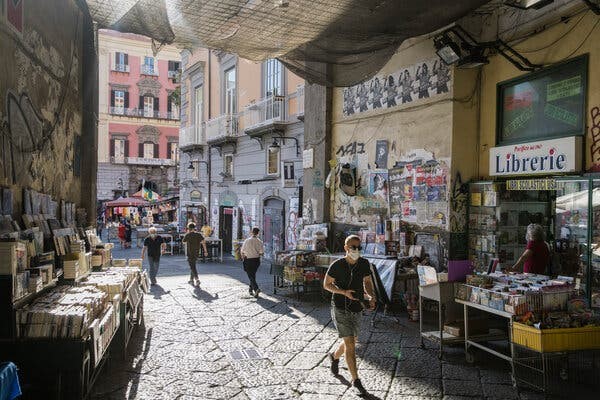


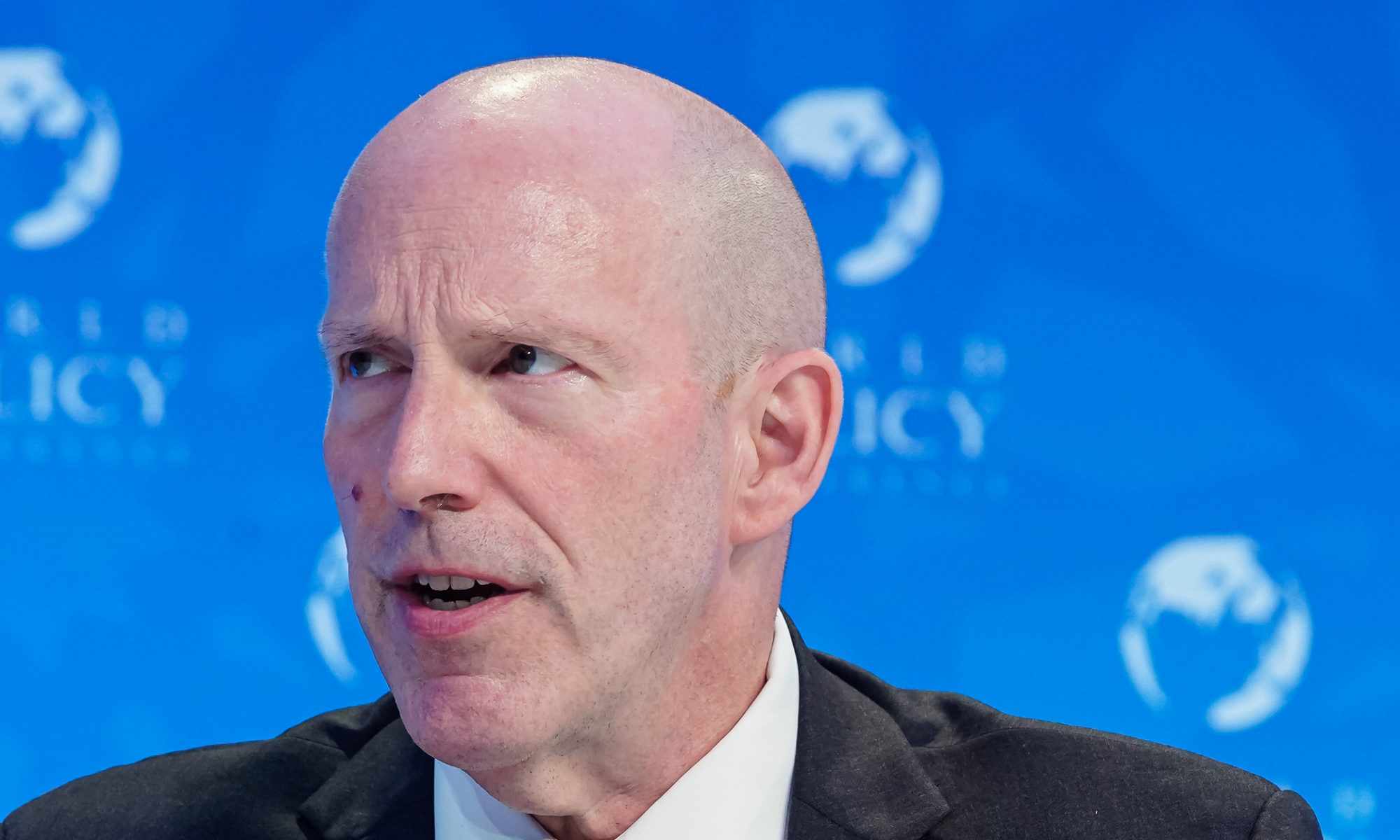
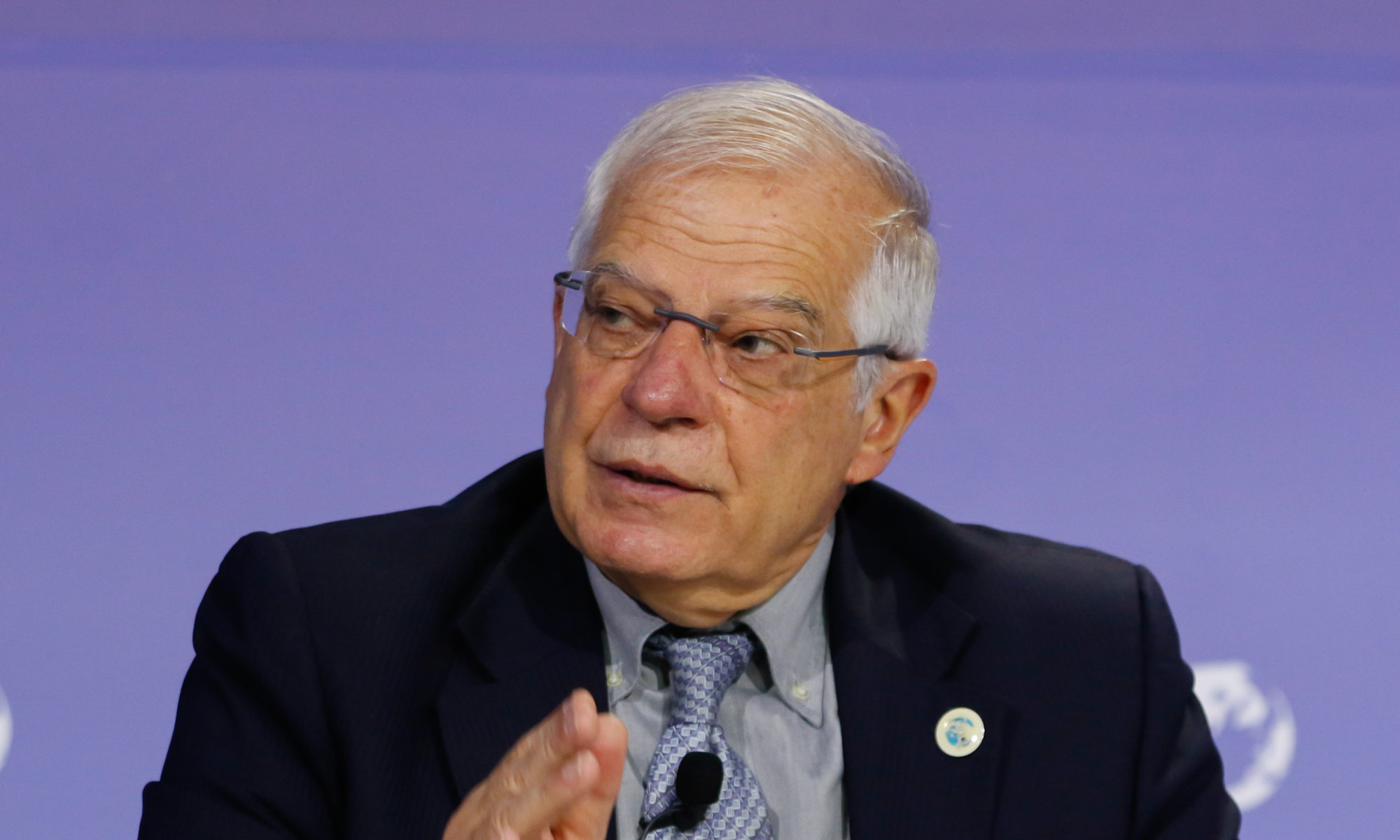

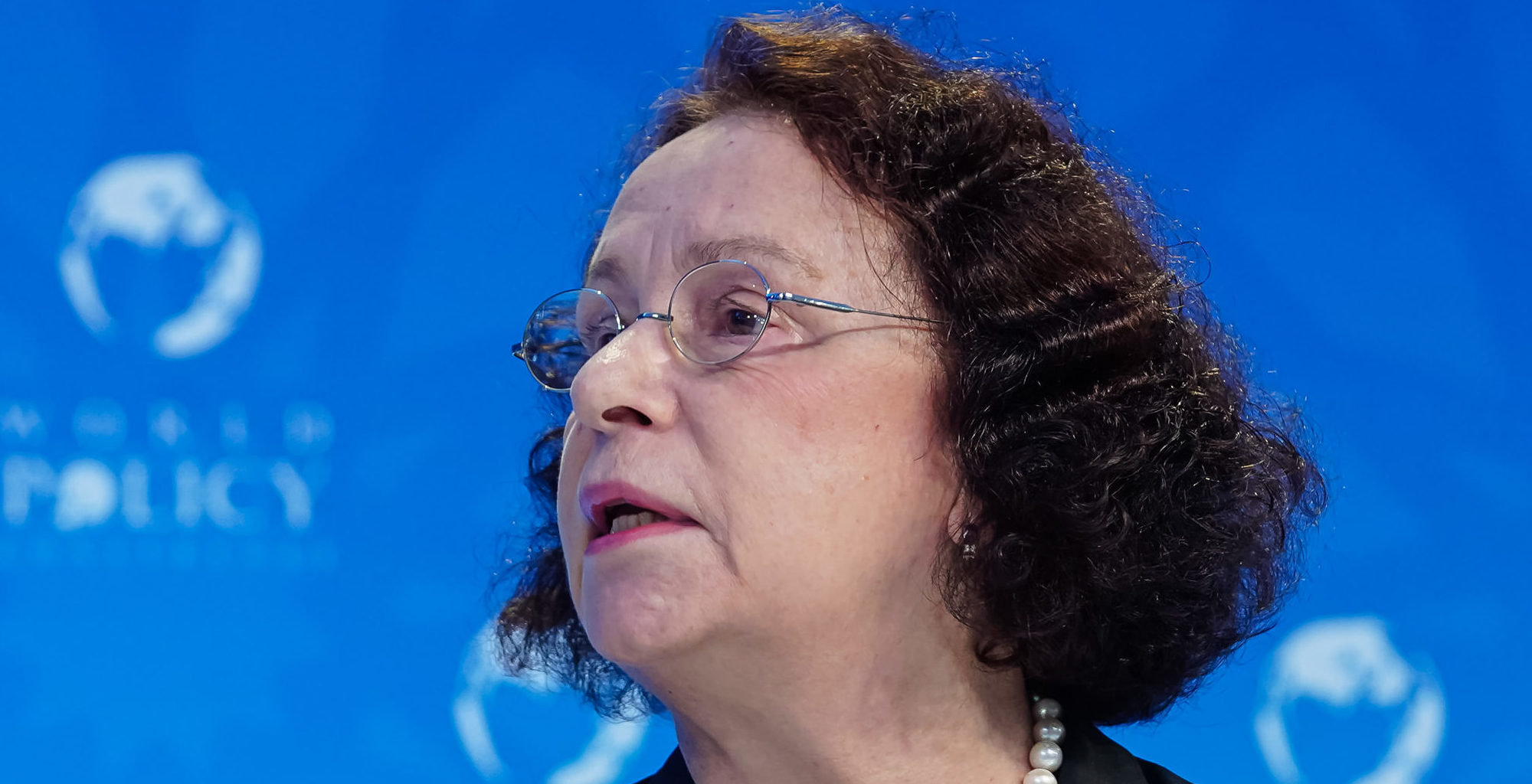
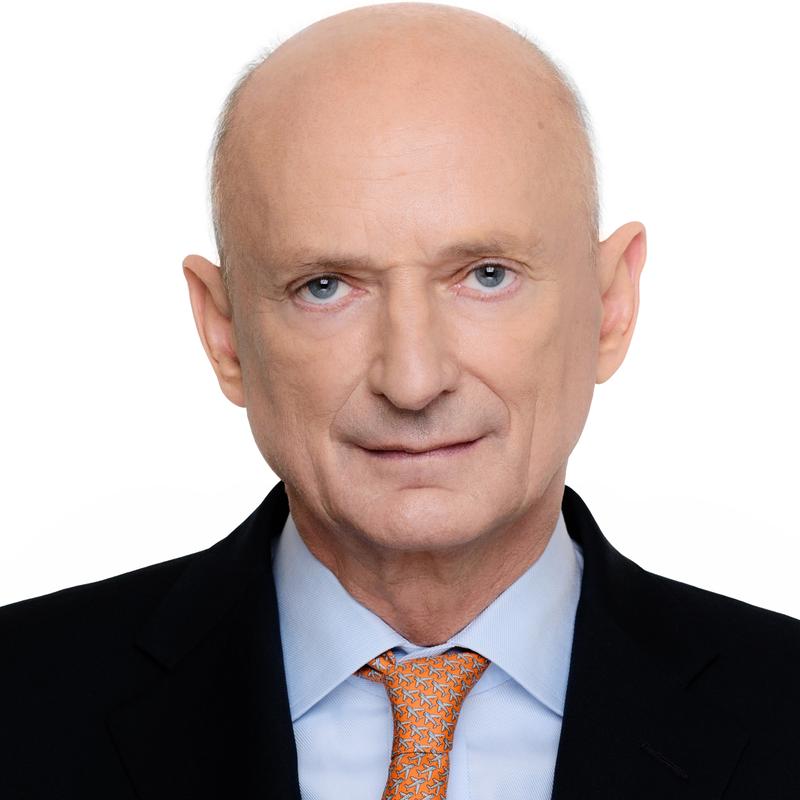
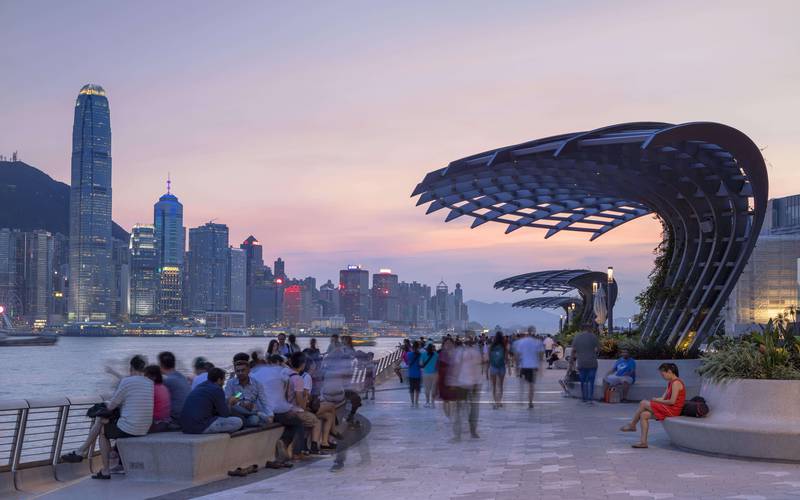


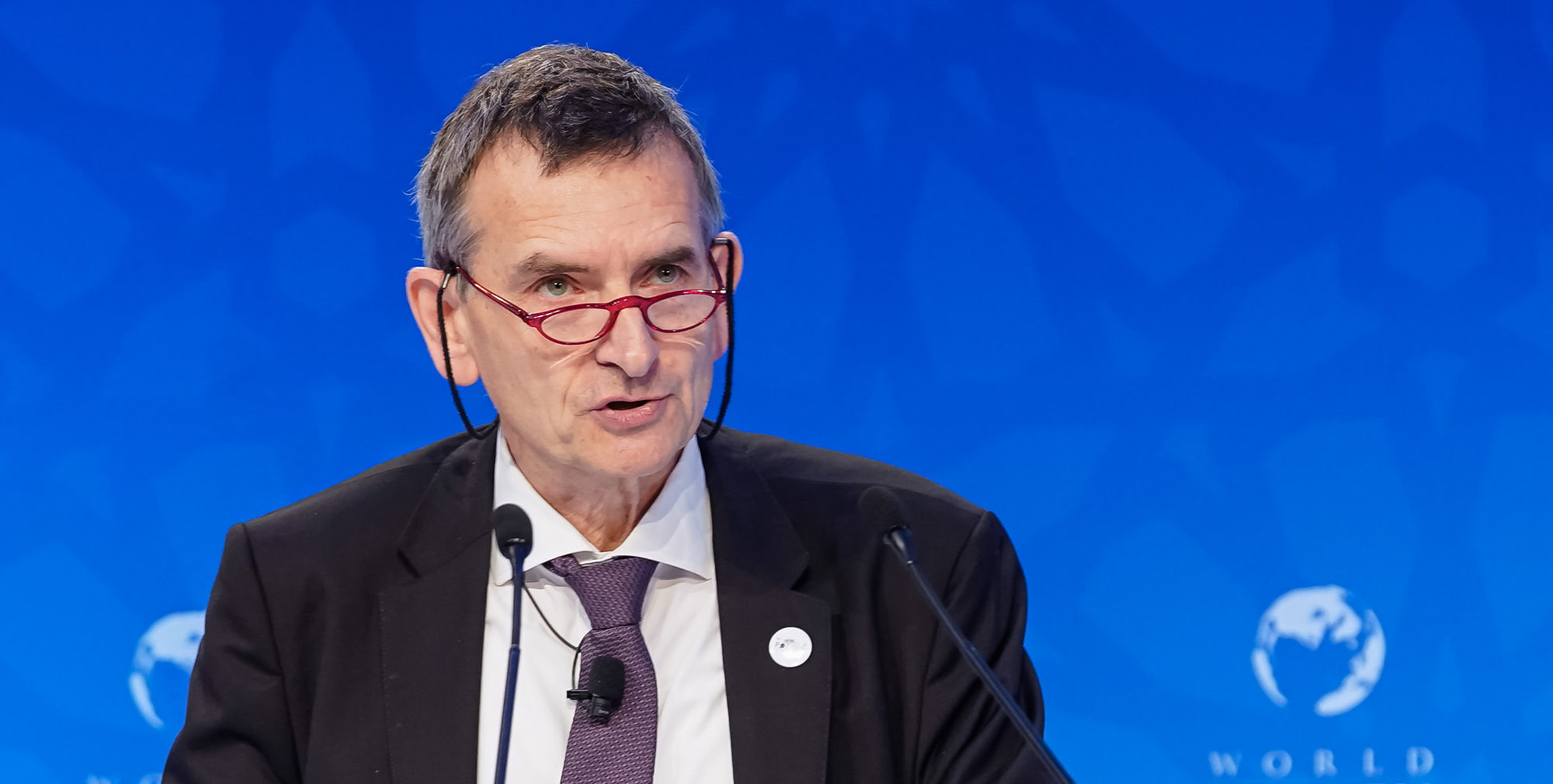
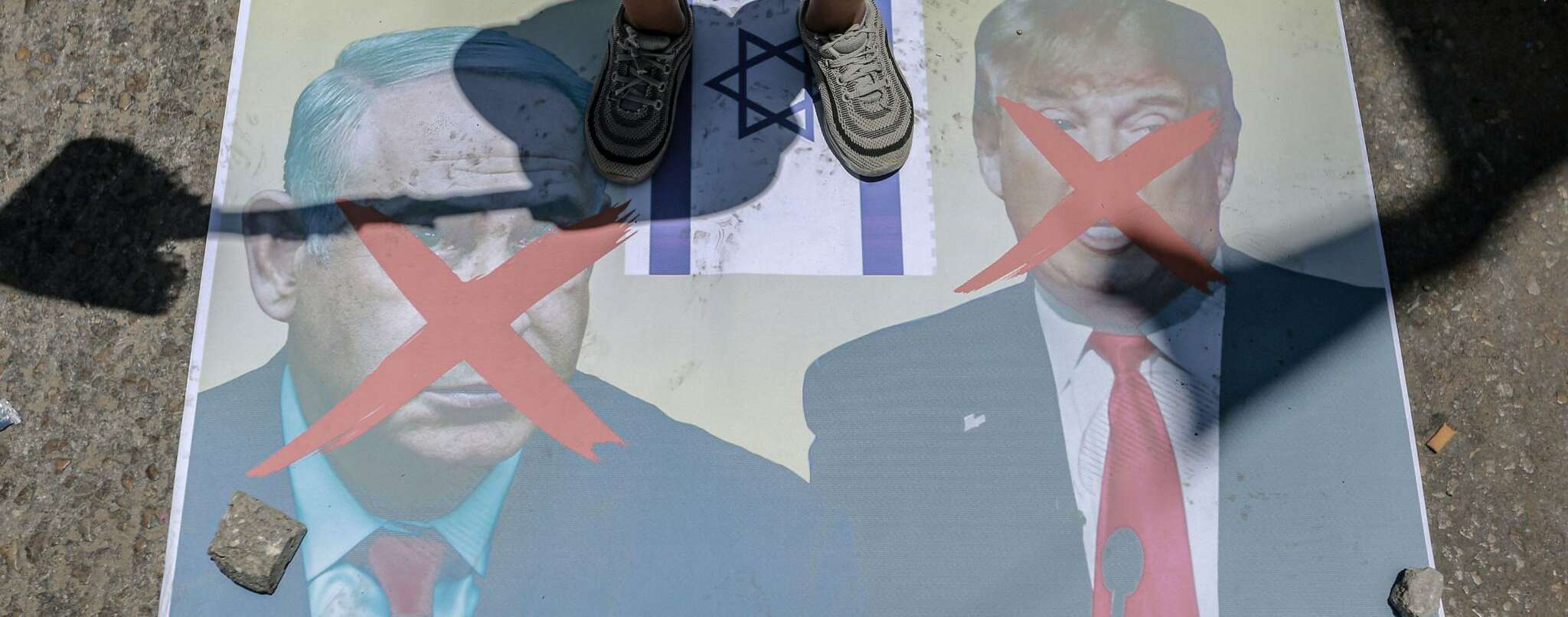

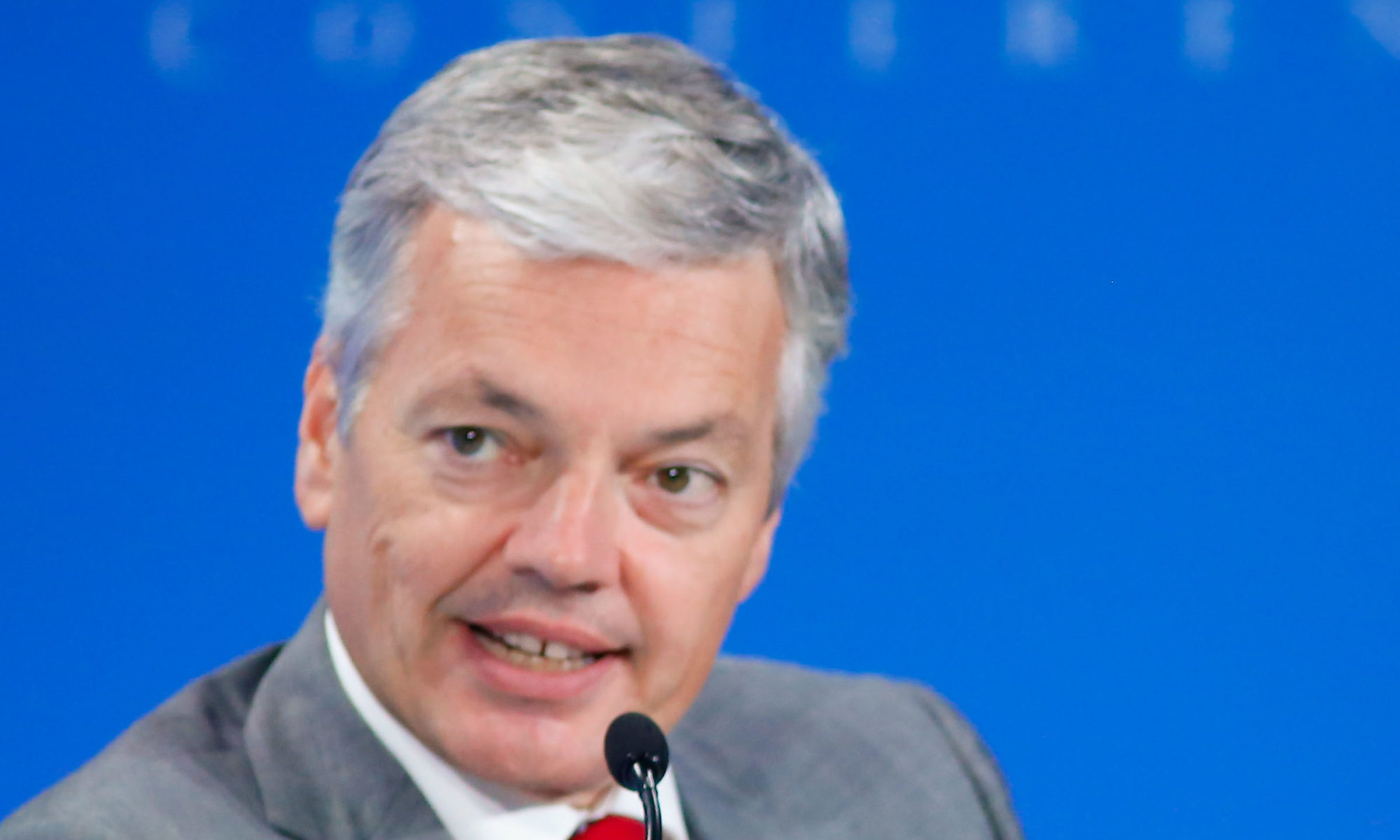
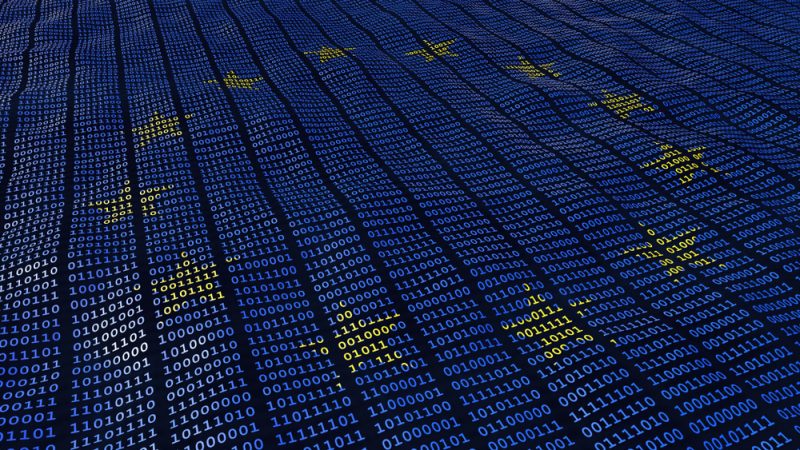
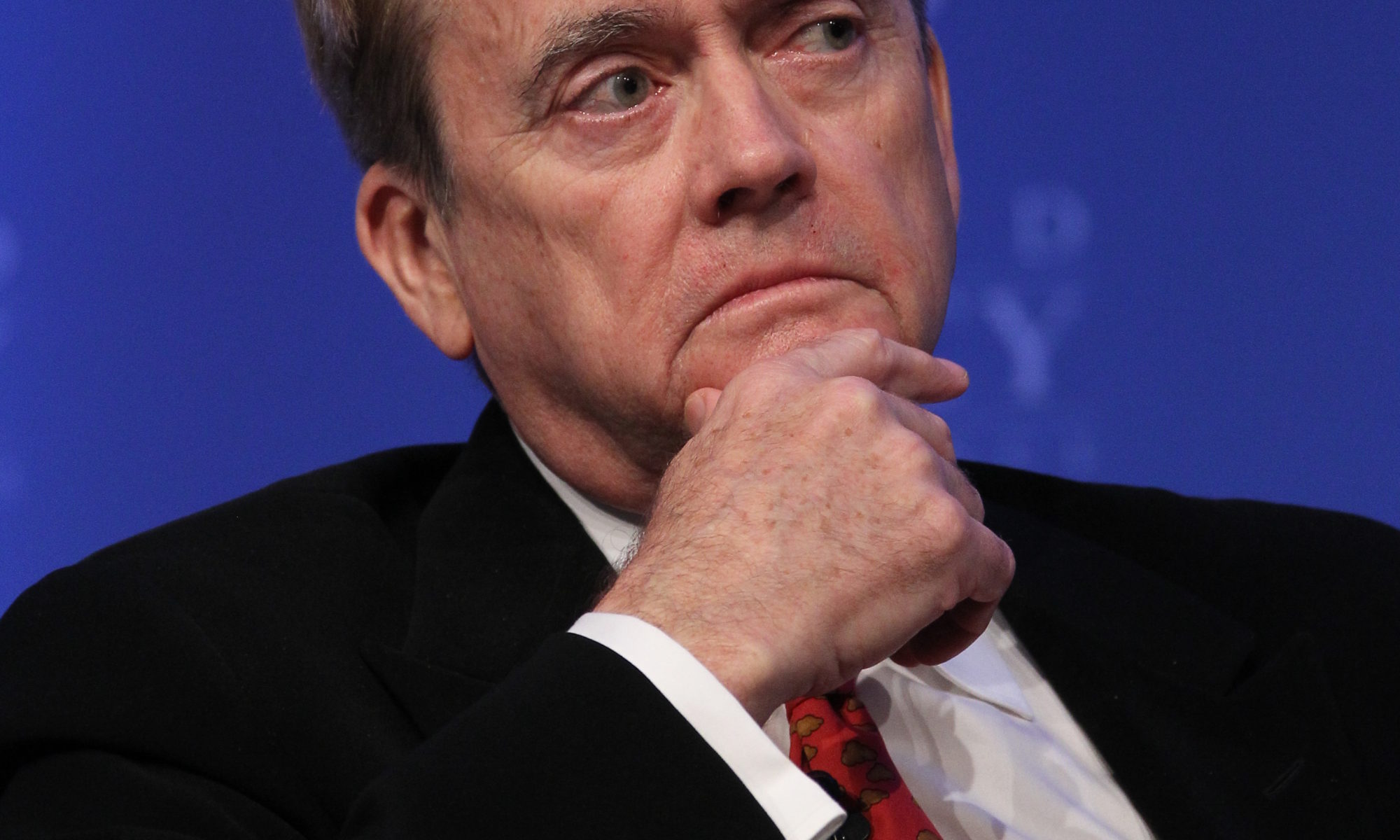

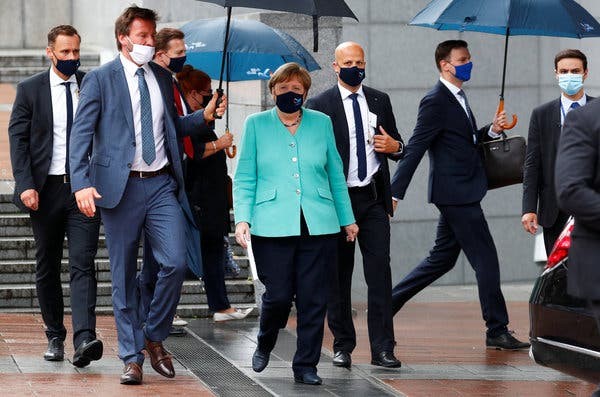
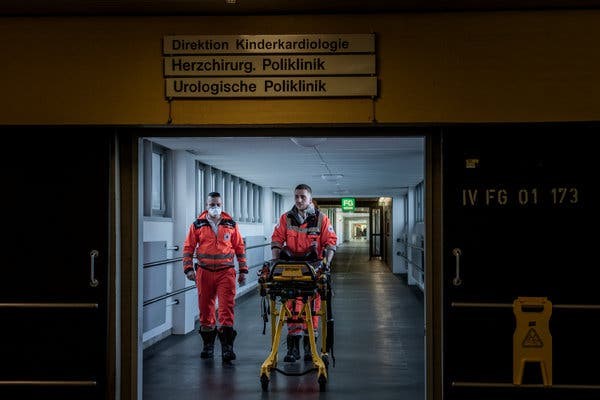
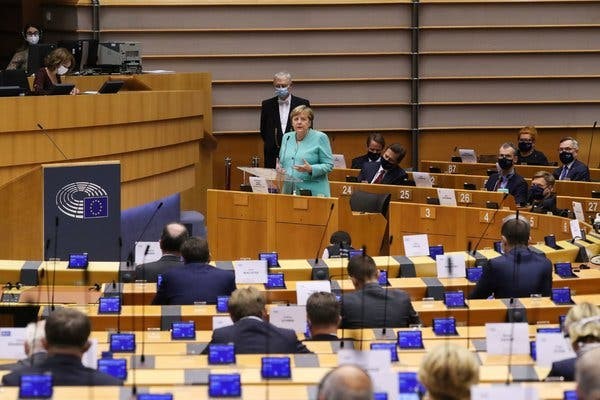
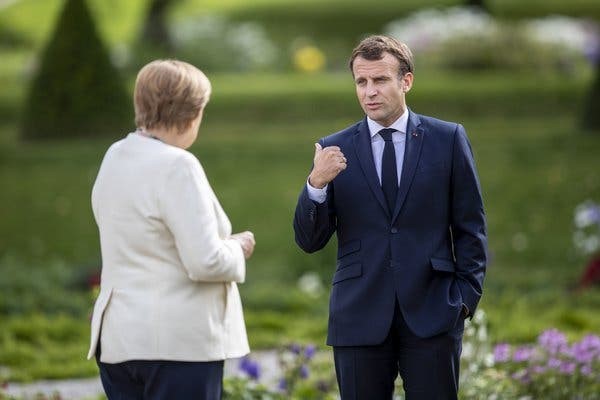
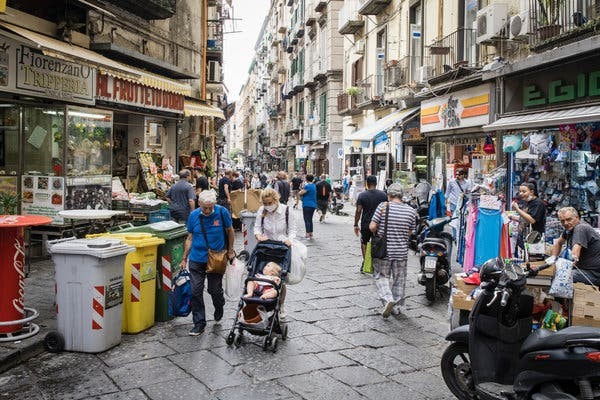
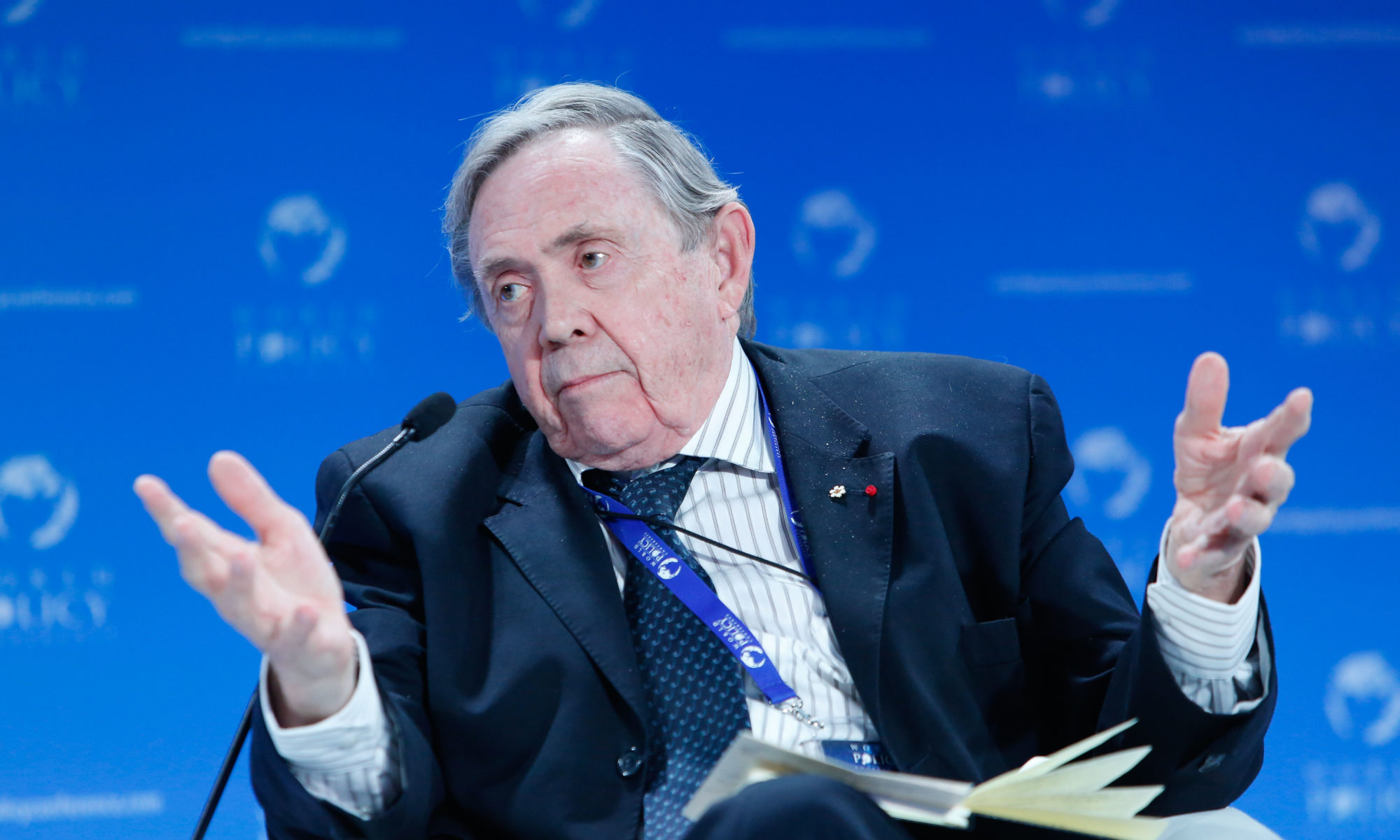
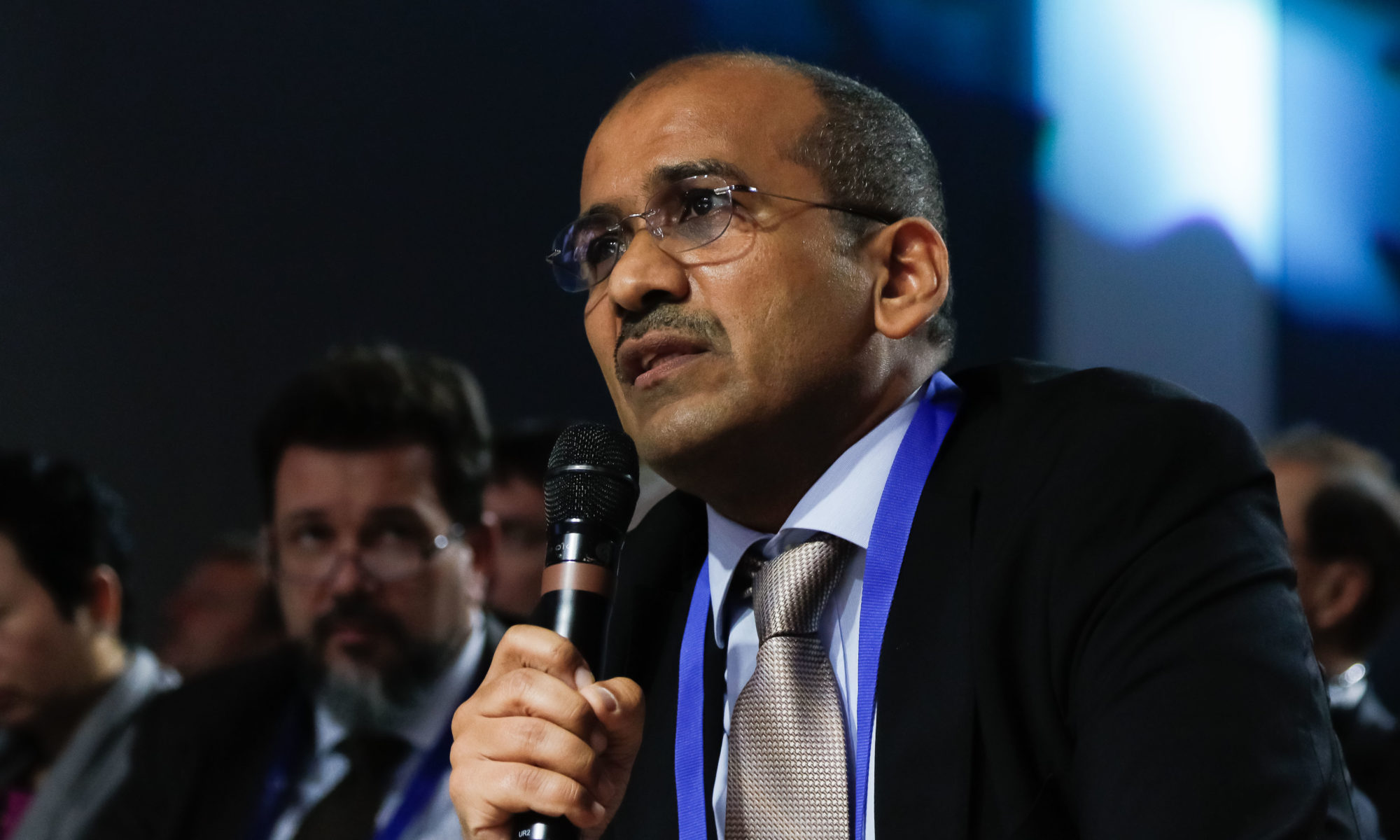
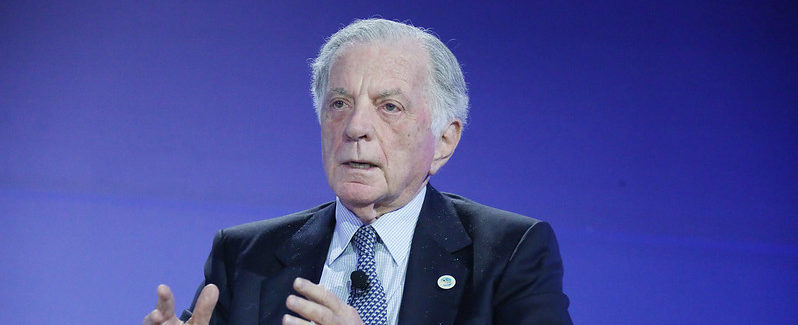
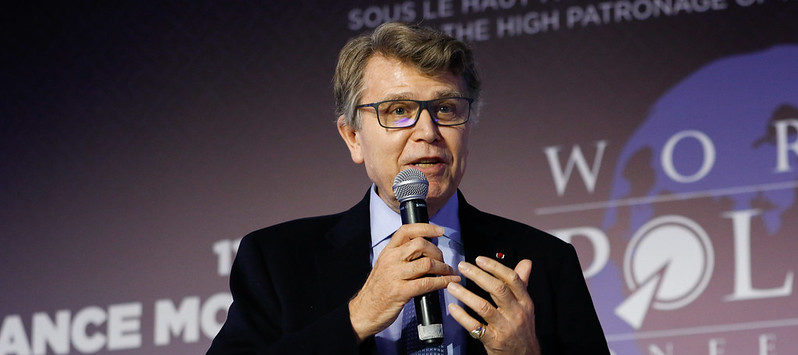

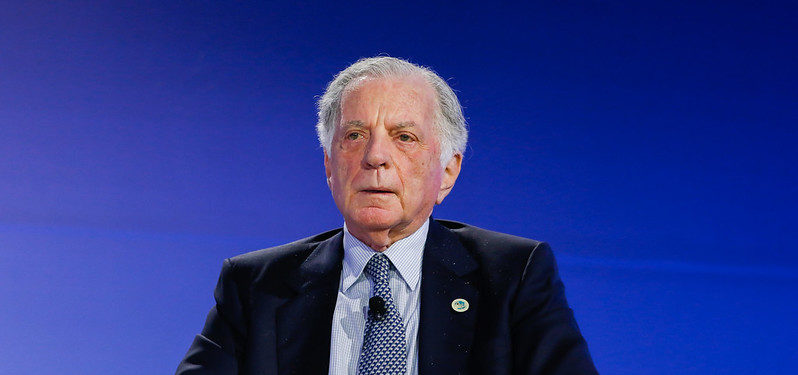


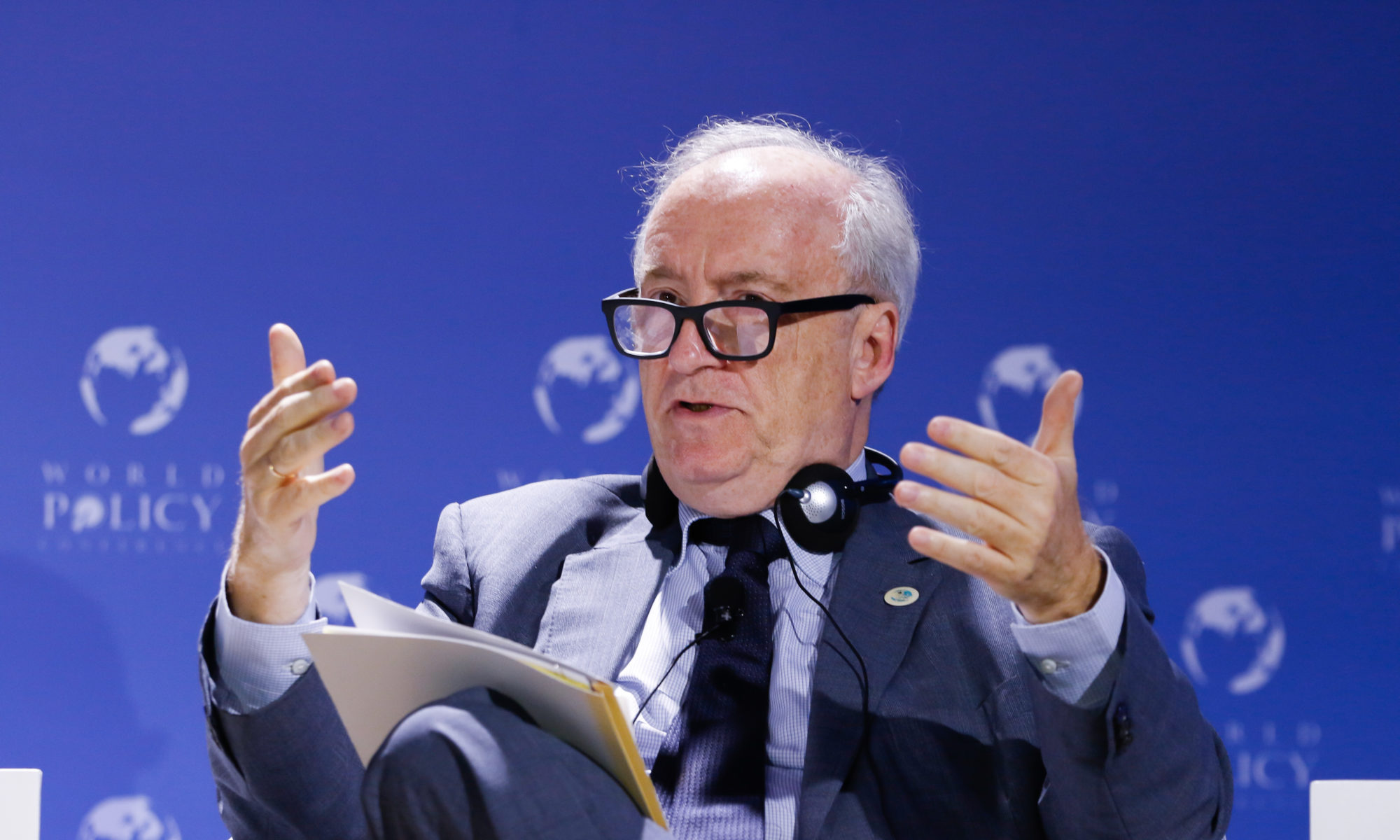

MADRID – NATO may be “the most successful alliance in history” – as its secretary-general, Jens Stoltenberg, claims – but it may also be on the brink of failure. After a turbulent few years, during which US President Donald Trump has increasingly turned America’s back on NATO, tensions between France and Turkey have escalated sharply, laying bare just how fragile the Alliance has become.
The Franco-Turkish spat began in mid-June, when a French navy frigate under NATO command in the Mediterranean attempted to inspect a cargo vessel suspected of violating a United Nations arms embargo on Libya. France alleges that three Turkish ships accompanying the cargo vessel were “extremely aggressive” toward its frigate, flashing their radar lights three times – a signal indicating imminent engagement. Turkey denied France’s account, claiming that the French frigate was harassing its ships.
Whatever the details, the fact is that two NATO allies came very close to exchanging fire in the context of a NATO mission. That is a new low for the Alliance – one that may herald its demise.
Lord Hastings Ismay, NATO’s first secretary-general, famously quipped that the Alliance’s mission was to “keep the Russians out, the Americans in, and the Germans down.” The dynamic obviously changed over the subsequent decades, especially the relationship with Germany. But the broad basis of cooperation – a common perceived threat, strong American leadership, and a shared sense of purpose – remained the same.
Without US leadership, the whole structure is at risk of crumbling. It is no coincidence that the last time two NATO allies came this close to blows – during the Turkish invasion of Cyprus in 1974 – the US was preoccupied with the Vietnam War. In fact, the spat between Turkey and France occurred just days after it was revealed that Trump had decided, without any prior consultation with America’s NATO allies, to withdraw thousands of US troops from Germany.
Germany may no longer be on the front line, as it was during the Cold War, but US forces there still serve as a powerful deterrent to Russian aggression along NATO’s eastern flank. By drawing down those forces, Trump has sent a fundamental message: ensuring European security is no longer a top US priority.
While America’s drift away from Europe has accelerated under Trump, it began over a decade earlier. In 2011, when Trump’s predecessor, Barack Obama, was touting his “pivot to Asia,” then-US Secretary of Defense Robert Gates warned that, unless NATO proved itself relevant, the US may lose interest. NATO did no such thing: until last December, its summit declarations failed even to acknowledge the challenges posed by China’s rise. By then, the US had lost interest. And now, under Trump, that disinterest has become open hostility.
Without the US as a rudder, NATO allies have begun to head off in different directions. Turkey is the clearest example. Before the recent squabble with France, Turkey purchased a Russian S-400 missile-defense system, despite US objections. Moreover, it has brazenly intervened in Libya, providing air support, weapons, and fighters to the Tripoli-based Government of National Accord.
Turkish President Recep Tayyip Erdoğan seems confident that his direct relationship with Trump will protect him from suffering any consequences for his behavior. Trump’s decision not to impose sanctions over the missile purchase, beyond cutting Turkey’s participation in the F-35 fighter jet program, seems to vindicate Erdoğan’s reasoning.
But Turkey is not alone in striking out on its own; France has done the same, including in Libya. By providing military support to the Russian-backed General Khalifa Haftar, who controls eastern Libya, to fight Islamist militants, France has gone against its NATO allies. While President Emmanuel Macrondenies supporting Haftar’s side in the civil war, he did recently express support for Egypt’s pledge to intervene militarily against Turkey, which he says has a “criminal responsibility” in the country.
As tensions with Turkey rise, France is more insistent than ever that a European approach to security and defense – one that would be de facto led by France – is vital. The fact that popular support for Macron within France is waning only augments his sense of urgency.
Political motivations aside, Macron has said aloud what few others have acknowledged: NATO is experiencing “brain death,” owing to Trump’s dubious commitment to defend America’s allies. Given that the US drift away from NATO began well before Trump, there is little reason to believe that this trend will be reversed, though it may be slowed if he loses the November election. Unless Europe begins thinking of itself as a geopolitical power and takes responsibility for its own security, Macron argues, it will “no longer be in control of [its] destiny.”
Last December, NATO commemorated 70 years of underpinning peace, stability, and prosperity on both sides of the Atlantic. But cracks in the Alliance are deepening, raising serious doubts about whether it will reach its 75th anniversary. The time for Europe to shore up its defenses and capabilities is now.